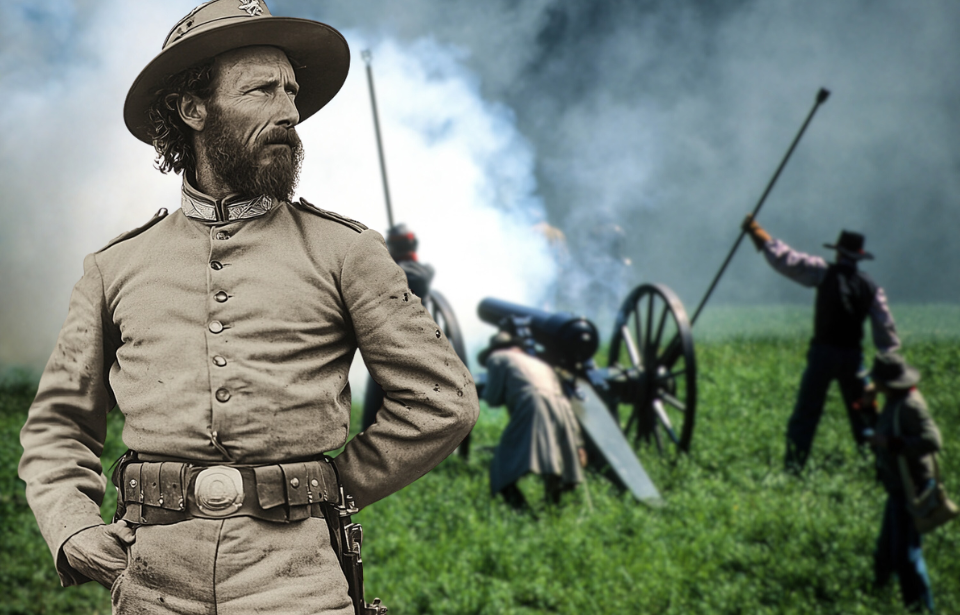The American Civil War was rife with bizarre and surprising incidents. Soldiers spoke of bullets colliding in mid-flight, mysterious glowing wounds that appeared to heal faster, and a Union general who shared a name with the Confederate president. Among the most striking stories was that of Confederate Brigadier General Martin Green, who boldly declared he was invincible—mere moments before a fatal gunshot proved him tragically wrong.
Confederate Brig. Gen. Martin Green
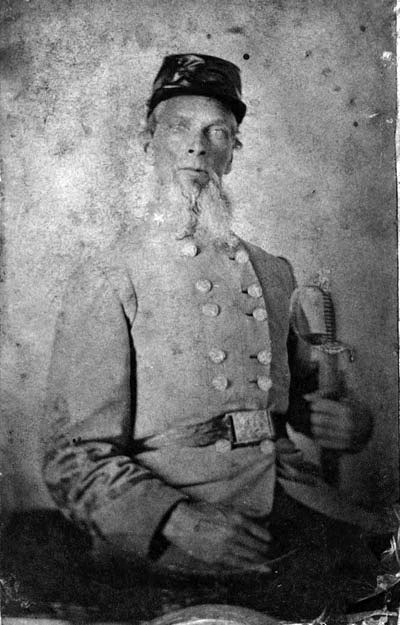
Martin Green was born on June 3, 1815, in Fauquier County, Virginia. At 21, he moved to Missouri, where he and his brothers opened a sawmill. During this time, Green was appointed a judge in Lewis County, while one of his brothers entered politics and had a career as a Senator for Missouri’s Democratic Party.
When the American Civil War began in 1861, Green became a leading voice for secession in Missouri. He built a strong following and organized a cavalry regiment, clashing early on with Union forces led by David Moore’s Home Guard. Though he faced setbacks, Green earned a notable win during the attack on Lexington. However, he also suffered several defeats in later battles.
By 1862, Green had risen to the rank of brigadier general. He eventually took command of John S. Bowen’s division during the Siege of Vicksburg—part of Union General Ulysses S. Grant’s campaign to capture the heavily defended Mississippi city, one of the Confederacy’s last strongholds on the river.
Irony of Martin Green’s last words
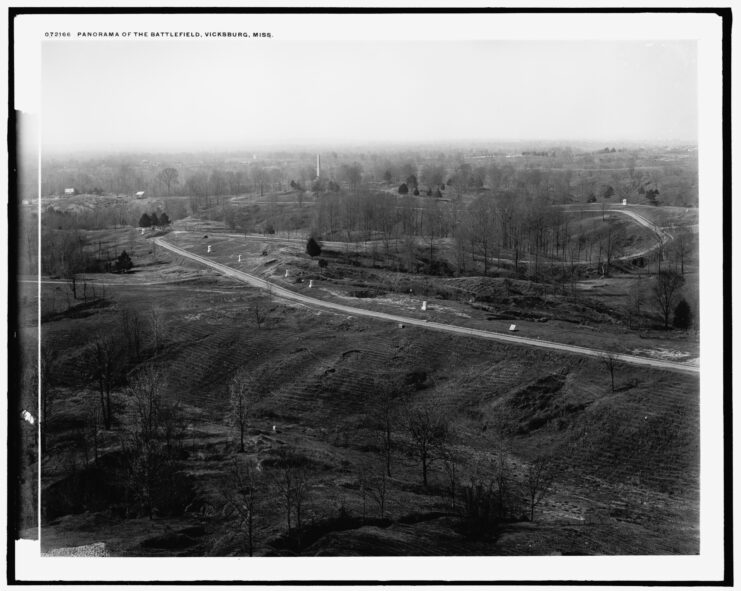
On June 27, 1863, Martin Green carefully inspected the fortifications of Vicksburg, undaunted by the Union forces nearby who were determined to defeat him and his men. Though advised to seek shelter, he boldly responded, “A bullet has not yet been molded that will kill me.”
Tragically, Green’s boastful words were soon proven false when a Union sharpshooter fatally struck him in the head just moments later, taking his life instantly.
A similar incident happened with Union Gen. John Sedgwick
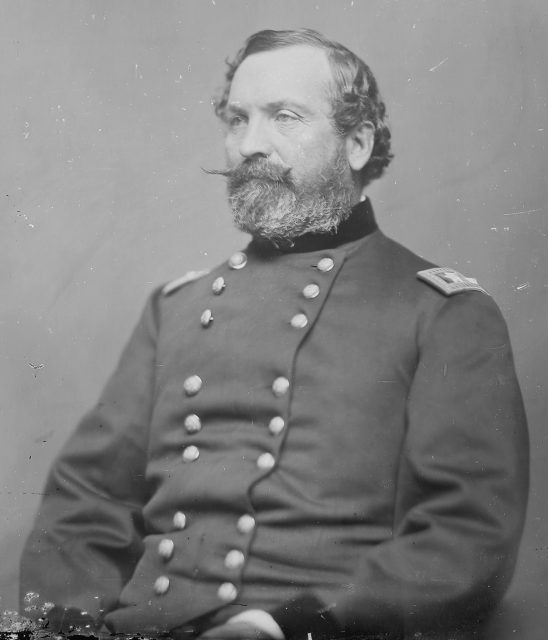
A similar incident happened to Union Gen. John Sedgwick, one of the highest-ranking officers to die during the Civil War. Sedgwick’s grandfather was also a military general, serving alongside George Washington. With such a heritage, it wasn’t surprising that he, too, served.
Before the Civil War began, Sedgwick had fought in Seminole Wars, the Mexican-American War, the Utah War and the American-Indian Wars. When the Civil War broke about, he was a colonel and assistant inspector general with the Military Department of Washington. He was promoted to the rank of brigadier general in August 1861.
John Sedgwick at the Battle of Antietam
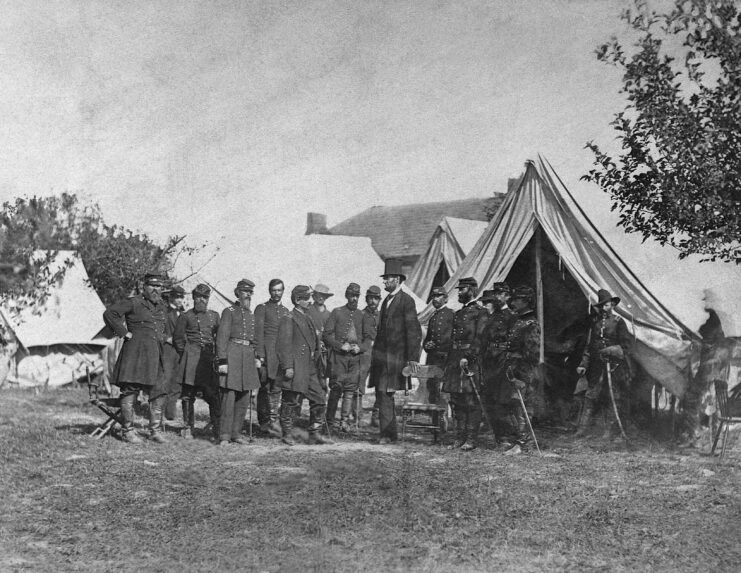
During the Battle of Antietam, Major General Edwin Sumner directed Sedgwick and his division into a poorly coordinated assault. The resulting chaos left Sedgwick wounded three times, forcing him into a long recovery that lasted several months.
Later, at the Battle of Spotsylvania Court House, Sedgwick was overseeing artillery placement when Confederate sharpshooters, positioned nearly 900 meters away, began firing. While his soldiers instinctively sought cover, Sedgwick grew irritated with their caution. Remaining exposed, he called out, “What? Men dodging like this for single bullets? What will you do when they open fire along the whole line?”
An ironic end
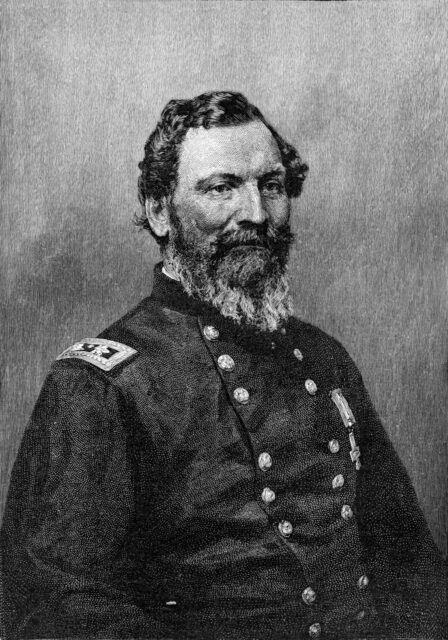
However, they stayed under cover. Even though Sedgwick had been in battle many times, he was embarrassed by how his men were reacting. Frustrated, he said, “Why are you dodging like this? They couldn’t hit an elephant at this distance.” Moments after speaking these famous last words, the Union general was shot in the head and fell dead.
Sedgwick was a highly respected general, and his death deeply affected Ulysses S. Grant. When he heard the news, Grant asked in disbelief, “Is he really dead?”
